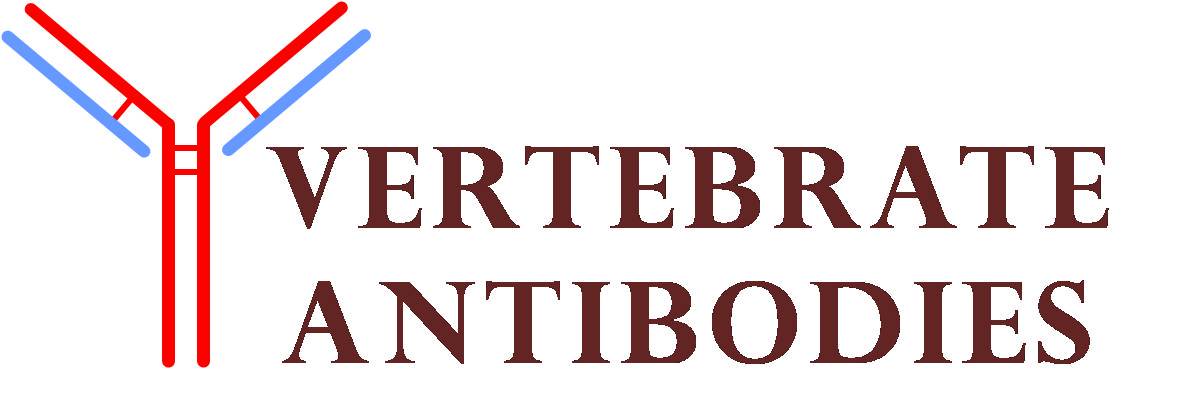
Vertebrate Antibodies Limited (VAL) is a spinout company of the University of Aberdeen, which produces highly specific monoclonal antibodies. VAL has been working in partnership with Ximbio since 2013 and currently a portfolio of VAL’s antibodies are available on Ximbio.
How it started
In 1992, Margaret. Duncan from University of Aberdeen published a novel technique of generating monoclonal antibodies using short peptides as immunogens instead of cell based and recombinant approaches (Duncan, ME et al, 1992 J. Immunological Methods). This method revolutionalised the field and its basic principles are still used by VAL today. Beatriz Cash and Ayham Alnabulsi, VAL’s co-founders, further advanced the peptide technology by developing a prediction algorithm whereby the short-peptide is selected in a way to resemble the native target thus generating antibodies recognising proteins in their natural environment. Further optimisation to the hybridoma production protocols has placed VAL at the forefront of antibody production. . Several awards including the Commercialisation Award scheme ran throughout Aberdeen University and Encompass Kick Start and SMART-SCOTLAND awards enabled VAL to further perfect the peptide approach, establish a potential tumour biomarker discovery platform and generate research tools towards model organisms and commercial species of farmed animals.
Unique VAL methodology
VAL employs a unique methodology to generate monoclonal antibodies. Firstly the target is selected; VAL specifically looks for academically interesting targets that have unknown biological functions and disease implication, have little published upon them and have no or few antibodies reactive to them.
Once the protein target is selected its amino acid sequence is aligned with other protein family members and a unique stretch of 10-12 amino acids is identified. This is believed to be the shortest length for an immunogen currently in use. For this reason, the number of epitopes to generate the antibodies is very limited, resulting in highly specific monoclonal antibody research reagents. Using this approach, VAL antibodies can target specific isoforms of a protein, post-translational modification and even one amino acid change . Furthermore, the short peptides are selected to cross-react with other research models further widening their impact. Once generated,, all antibodies are validated through the use of Western blotting and immunohistochemistry using a tissue microarray containing several matched diseased versus normal samples..
Due to the superior specificity and reproducibility, VAL primarily produces monoclonal antibodies rather than polyclonal antibodies. This approach also reduces the use of animals for the generation of antibodies.
VAL Antibody successes
Certain clones produced by VAL have allowed significant discoveries to be made. Clone T5P3G2*A3, aided in the characterisation of a potential novel colorectal cancer biomarker: Cytochrome P450 26B1. This was achieved as VAL was able to create specific antibodies to each of the proteins in the Cytochrome 26 family by exploiting their C-terminal amino acid diversity. Previously only Cytochrome P450 26A1 had been characterised, the recent development of clone T5P3G2*A3 enabled the discovery of a novel drug target for colorectal cancer. (Brown et al. 2014. PLoS One)
The development of clone M33-P5B11 against BCL2 Associated Transcription Factor 1 (BCLAF1) also made a significant contribution to the oncology field. The immunohistochemistry test of BCLAF1 antibody demonstrated that BCLAF1aberrently localised in cancerous tissues. Specifically, a weak presence or complete absence of BCLAF1 expression in the nucleus can be associated with a poor prognosis in cancer patients (Brown et al 2015, Histopathology).
Looking towards the future, VAL is looking to add on their existing collaborations with academic institutes and industrial entities aiming to generate research tools and immunoassyas to a wider spectrum of research models and commercial species. These antibodies will be made available to the wider scientific community through Ximbio.
